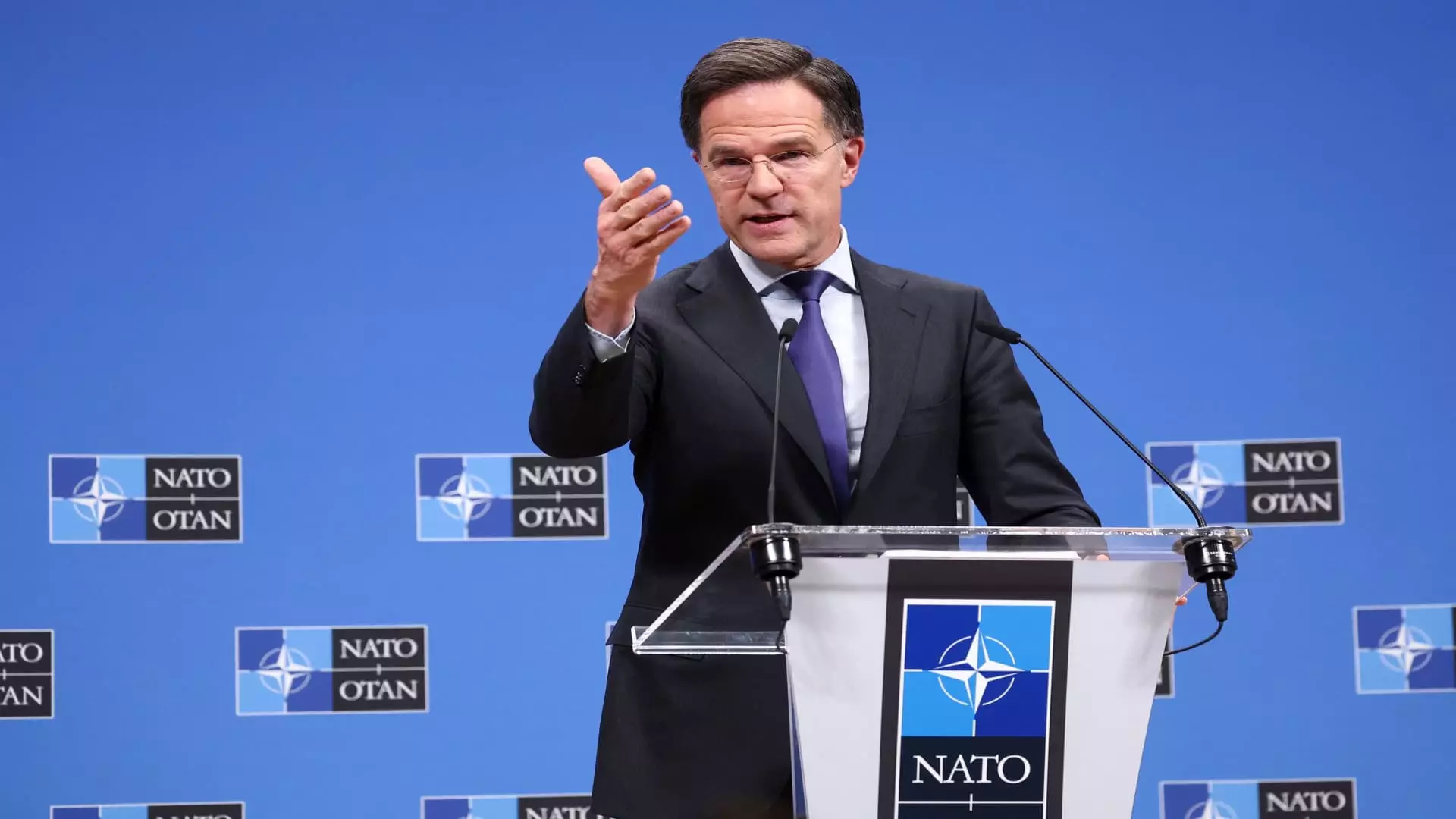The North Atlantic Treaty Organization (NATO), a fundamental pillar of Western military cooperation, is undergoing intense scrutiny and debate regarding its defense spending policies. As global security threats escalate, particularly from assertive powers like Russia, there is an urgent need for the alliance to reassess its financial commitments. Recent comments from NATO Secretary General Mark Rutte at the Munich Security Conference have highlighted a critical juncture for European allies: to move beyond complaints and towards actionable solutions. With changing U.S. expectations and a more aggressive geopolitical environment, NATO finds itself at a crossroads.
During the Munich Security Conference, Secretary General Rutte delivered a pointed message to European NATO members, emphasizing the need for proactive engagement rather than mere dissatisfaction with current dynamics. His insistence that member states should contribute concrete ideas rather than simply voicing grievances reflects a growing frustration with the status quo. Rutte’s advocacy for a collaborative dialogue among NATO allies underscores an urgent necessity for innovation and initiative, particularly as the alliance prepares for a new round of discussions about defense spending targets.
The commitment to surpass the existing target of 2% of GDP for defense spending has become an increasingly pressing topic. Rutte indicated that the upcoming summit in the Hague would introduce a revised and possibly elevated benchmark—a critical move aimed at fortifying NATO’s operational capabilities in a shifting security landscape. This conversation about spending not only reflects a response to external threats but also serves to unify NATO’s diverse members in a common cause.
The tension between NATO allies and Russia remains a significant catalyzing factor for the alliance’s defense spending discussions. U.S. Senator Lindsey Graham articulated a sentiment echoed by many: Vladimir Putin’s actions in Ukraine have inadvertently galvanized NATO unity and heightened military expenditures among its members. Graham’s assertion that “Putin has done more to help NATO than we have” captures the paradoxical effect of external aggression, reminding NATO members of the shared imperatives that arise during crises.
As Russian maneuvers continue to pose a direct challenge to European security, the reality of inadequate defense budgets becomes increasingly untenable. The alliance’s response has been multifaceted, leaning heavily on stronger financial commitments from all member states. The collective memory of past inadequacies, accentuated by President Trump’s vocal critiques of NATO spending, has spurred a renewed sense of urgency among member nations to recalibrate their financial contributions in line with global expectations.
Former President Donald Trump’s relationship with NATO has left a lasting legacy of heightened scrutiny regarding alliance contributions. During his presidency, a divisive rhetoric surrounding defense spending culminated in claims that NATO allies were overly reliant on U.S. military support. In his recently stated vision, Trump suggested a new contribution target of 5% of GDP—an escalation that could dramatically alter the funding landscape for NATO. The implications of such a shift could lead to significant restructuring of how member states prioritize their defensive budgets.
This context of financial contention underscores the inherent tension within NATO, where the balance between national interests and collective security continues to evolve. As U.S. expectations rise, European states are prompted to rethink their defense strategies and financial allocations, navigating their fiscal capacities amidst existing economic pressures.
As NATO anticipates transformative discussions on defense spending, it is essential for member states to unite in their efforts to bolster collective security. Rutte’s appeal for practical solutions signifies a broader acknowledgment of the need for cooperation, innovation, and shared responsibility. With external threats continuing to evolve, a strong and committed NATO is imperative for the safety and stability of the transatlantic alliance. The forthcoming discussions will not only shape the financial trajectories of member states but also serve as a testament to their resolve in the face of escalating global challenges. Therefore, aligning military spending with strategic imperatives has never been more critical, setting the stage for a more resilient NATO moving forward.

